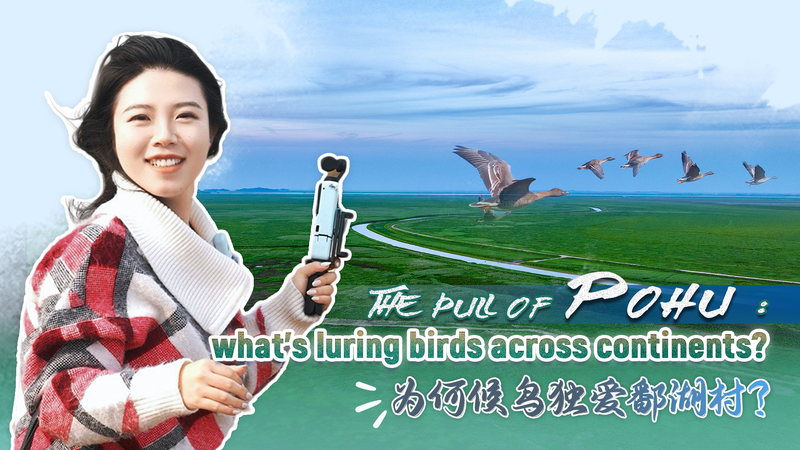Perched on the southern edge of the Chinese mainland’s rural heartland, Pohu Village has quietly become a beacon for migratory birds. Every year, more than 150 species make a pit stop here, turning its reeds and rice fields into one of Asia’s most vital bird sanctuaries.
Local planners and villagers teamed up in early 2025 to pilot a natural wastewater purification system. Reed beds and native plants filter out pollutants, resulting in rivers so clear they reflect the sky. The restoration has boosted water quality by 60% since 2020, according to the local ecology bureau.
Farmers have also adopted a sustainable rice-duck co-culture model: ducks roam paddy fields after harvest, controlling pests while fertilizing soil. This practice has increased average yields by 12% over the past three years and created a welcoming habitat for wading birds.
Innovation meets tradition: while villagers revived ancient canal networks, they also installed AI sensors to monitor water levels and bird migrations. Real-time data guides everything from irrigation schedules to habitat management, ensuring harmony between agricultural production and biodiversity.
For young travellers, Pohu is more than a scenic stop. Homestays offer immersive workshops where you can help replant reeds or join guided birdwatching tours at dawn. It’s an authentic, hands-on lesson in ecological stewardship and cultural heritage.
As the world grapples with environmental challenges, Pohu Village shines as a real-world laboratory. It proves that when communities combine deep local knowledge with modern technology, the result can be a thriving ecosystem that benefits both people and wildlife.
In Pohu, every ripple in the water tells a story of collaboration, resilience and hope—a reminder that the smallest villages can make the biggest impact.
Reference(s):
cgtn.com




